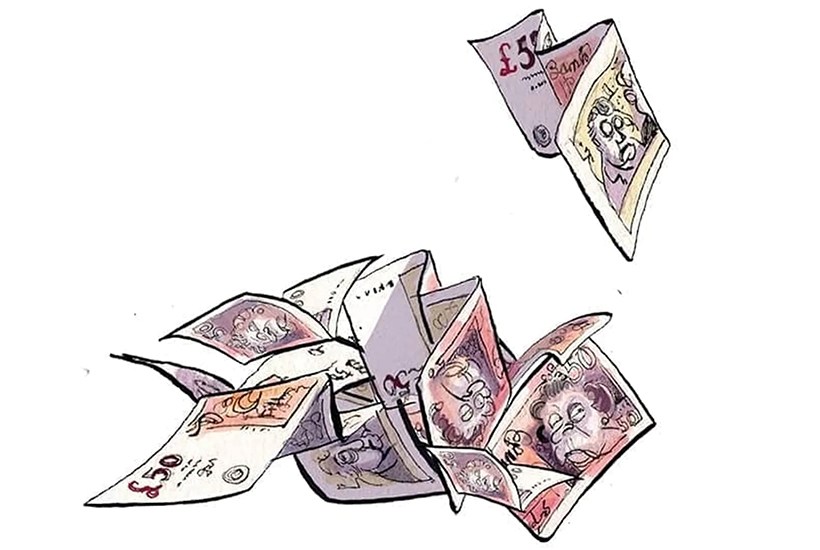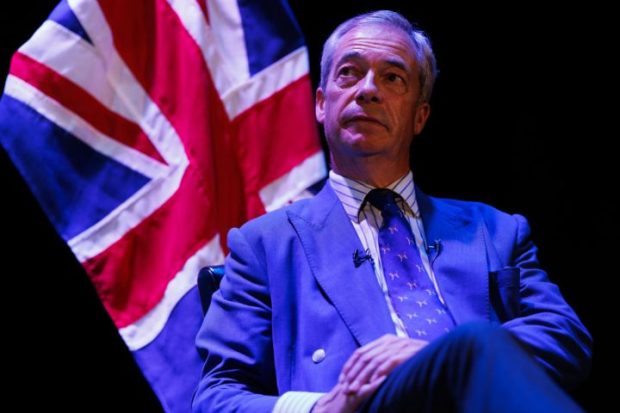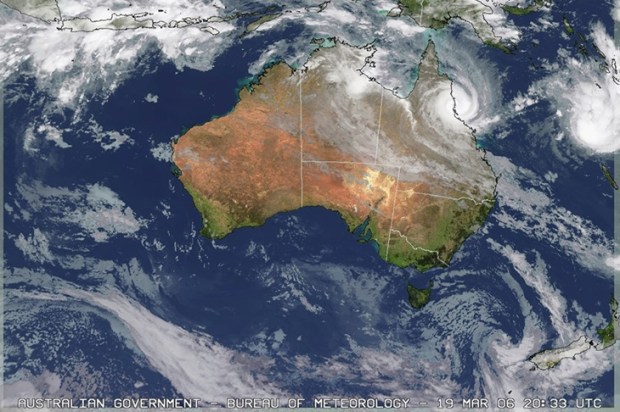Liz Truss and Rishi Sunak spent the summer fighting it out in the Tory leadership contest, debating how they would make the economy grow. It turns out that, while that discussion raged on, the economy was contracting: GDP fell in August by 0.3 per cent, according to figures from the Office for National Statistics. This is an unexpected dip which is only likely to increase market jitters.

Production output fell by 1.8 per cent, while services dipped by 0.1 per cent overall: of this, arts, entertainment and recreation activities plunged by 5 per cent in total, making it one of the ‘largest contributors’ to the overall fall in services. The August slump comes as a surprise to markets, as the consensus for GDP growth had been for no growth, rather than a fall.
The news comes just a day after the International Monetary Fund released a report which presented a bleak outlook for 2023, stating that, for many people, next year ‘will feel like a recession.’ The IMF forecasts that growth in the UK next year will amount to just 0.3 per cent, though it acknowledges that its calculations didn’t take the government’s tax into account, which it thinks has the capacity to boost growth further.
But if we look at the growing consensus so far for how much those tax cuts will boost growth, we’re still not talking about anything spectacular. Both Deutsche Bank and Capital Economics (CE) have recently suggested that the tax changes could boost GDP by 0.5 per cent — if proven true, this addition to the IMF’s figures still doesn’t get the UK close to the government’s target of a 2.5 per cent growth trend. The figures also serve as an ugly reminder of how far behind the UK economy is in its Covid recovery, after ONS revisions found the GDP had not yet reached pre-pandemic levels, and is not on track to do so until 2024.
September is likely to be a bad month too, as CE points out this morning that the standstill in economic activity around the Queen’s funeral is likely to produce another, bigger, contraction. This will add to a sense of jitters in the markets as they try to anticipate what will happen this Friday, when the Bank of England’s emergency gilt-buying programme is meant to come to an end. The Bank had planned to halt the programme two weeks before the Chancellor is scheduled to deliver his ‘medium-term fiscal update’ in a bid to regain some credibility when it comes to fiscal discipline and spending. So, while August’s GDP figures make for grim reading, this fall is by no means the biggest economic concern facing Britain.





















Comments
Don't miss out
Join the conversation with other Spectator Australia readers. Subscribe to leave a comment.
SUBSCRIBEAlready a subscriber? Log in